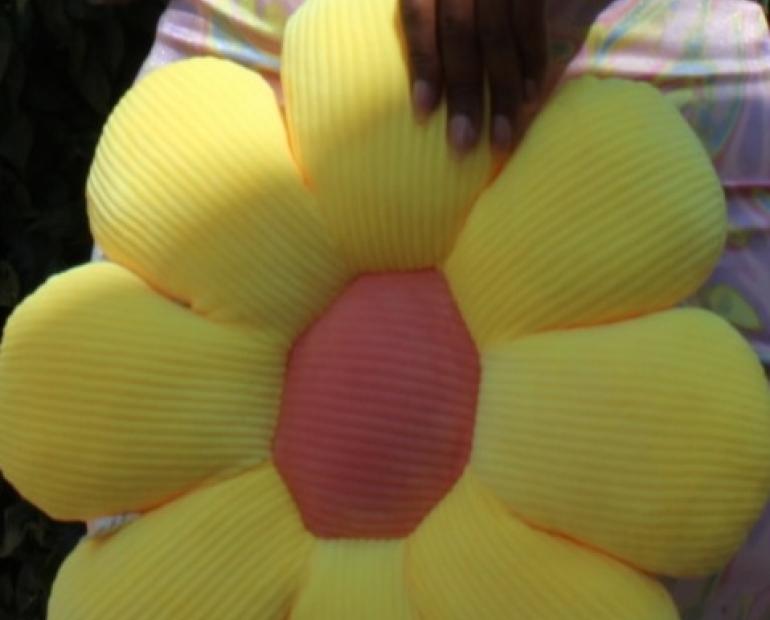
Stress is always one of the biggest enemies for young people at any age. It can be stress before exam, stress before meeting somebody for the first time or other. Especially at this time, when COVID-19 pandemic is still actual, young people suffer from a large amount of stress. In today's blog, I will explain to you more about stress. I will also give you tips on how to reduce it.
So first, let's see the definition of stress: Stress is the feeling of being overwhelmed or unable to cope with mental or emotional pressure.
What are signs of stress?
- anxious
- angry
- agressive
- sad
- frustrated
- depressed
- afraid.
All these feelings can sometimes produce physical symptoms, make you feel even worse.
For example, stress can cause you headaches, indigestion, sweating, heart palpitations...
Who is affected by stress?
All of us can probably recognise some of the feelings described above. Some people seem to be more affected by stress than others, for example:
- people with disabilities or health issues
- LGBTIQ+ people
- people with bad financial status
How to deal with stress?
If you're feeling stressed, there are some things you can try to feel less tense and overwhelmed.
We will go through 6 steps:
1. Find a problem that makes you feel stressed:
Connect your entire body to find a problem. It is very important to connect physical and emotional signs you get when you feel stressed. Don't ignore physical signs, such as headache or migraines.
Think about what is causing you stress. Sort them into issues with a practical solution. Take control by taking small steps towards the things you can improve.
2. Think about things you can change:
Do you think that you are taking too much? Could you hand over some things to someone else? You may need to set priorities and reorganize your life to so you are not trying to do everything at once.
3. Circle yourself with supportive people:
Find close friends or family who can be there always for you. It is not easy to find friends these days, but you may need to be more open to other people. Joining a club or a course can help to expand your social network and encourage you to do something different. Activities like volunteering can change your perspective and have a beneficial impact on your mood.
4. Try to live healthy:
Eat healthy food as much as u can. Start a day with nice breakfast what is gonna prepare you for a day. Try to exercise (or walk) 15-20 minutes per day. There are bunch of apps on stores to download and use for free. Physical health can help manage the effects of stress by producing endorphins that boost your mood. If you are smoking, try to cut it. Smoking may seem to reduce tension but actually, it is making problems even worse.
5. Try to be mindful:
You can start by reading a book, watching a documentary, playing chess... All of these things can reduce anxiety.
6. Be kind to yourself:
Try to keep things in perspective and don't be too hard on yourself. Look for things in your life that are positive and write down things that make you feel grateful.







